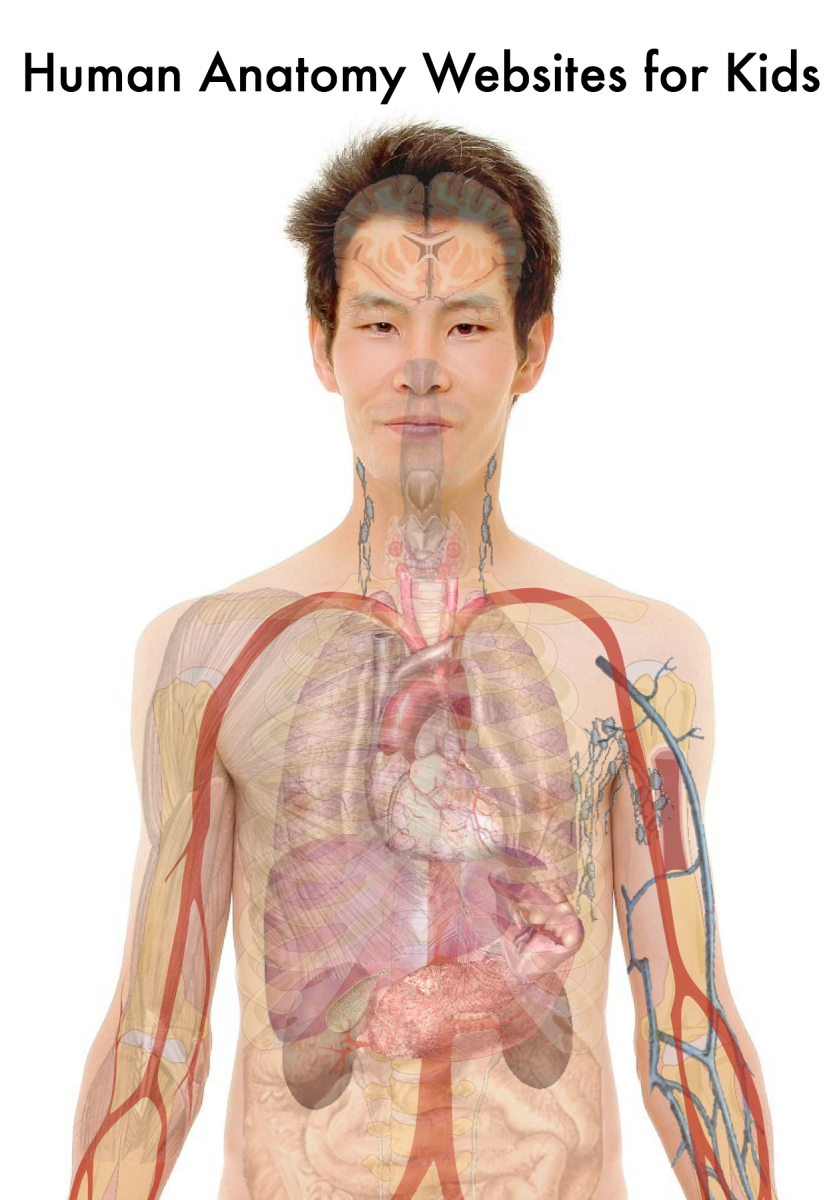The tapestry of human diversity is as intricate as the threads that weave together different cultures, languages, and experiences. Throughout history, the concept of race has captivated the human imagination, fueling discussions that touch upon origins, genetics, and modern classification. While the scientific community often emphasizes genetic similarities among all humans, the fascination with distinguishing races persists. This exploration seeks to investigate the origins of human races from a Christian perspective, considering the nuances of genetics and the implications of modern classifications.
Genesis recounts the story of humanity’s beginnings, illustrating that all people trace their lineage back to Adam and Eve. This foundational narrative provides a vital perspective in understanding human races. From a theological standpoint, the idea that all humans share a common ancestry reinforces the notion of inherent equality among all individuals, irrespective of their ethnic backgrounds. The diversity of races, often perceived through social constructs, can also be seen as God’s design, reflecting the vastness of His creation and the multifaceted nature of His image imprinted on humanity.
The biological aspect of race cannot be overlooked, and genetics plays a critical role in delineating human diversity. Scientific advancements elucidate that the vast majority of genetic variation occurs within populations rather than between them. In fact, the genetic code shared by all humans is over 99.9% identical. Geneticists categorize people based on geographic populations rather than traditional racial classifications. This revelation challenges the perception of race as a rigidly defined concept and suggests a more fluid, interconnected view of human beings.
Some may argue that the modern classifications of races are remnants from a bygone era of scientific thought, marred by colonialism and prejudice. Historically, the classification system established by anthropologists sought to compartmentalize humanity into distinct races—Caucasoid, Mongoloid, and Negroid—based on physical attributes. However, in contemporary discussions, such classifications are increasingly scrutinized and deemed inadequate. The complexities of genetics reveal that physical characteristics can often be misleading indicators of deeper genetic relationships.
This fascination with human races—its origins and classifications—resonates deeply with human identity. Within the Christian faith, identity plays a significant role, as believers see their worth not in societal classifications but through their relationship with God. The New Testament emphasizes unity in Christ, stating, “There is neither Jew nor Gentile, neither slave nor free, nor is there male and female, for you are all one in Christ Jesus” (Galatians 3:28). This scriptural assertion transcends racial and ethnic boundaries, inviting individuals to embrace diversity while recognizing their shared humanity.
However, despite the theological underpinning of unity, the historical context of race has been fraught with division. The transatlantic slave trade, segregation, and systemic racism have left indelible marks on society. These injustices have often been perpetuated under the guise of religious justification, leading to a paradox whereby the core tenets of Christianity, which advocate for love and equality, have been misapplied to support discrimination. This reconciliation of faith and societal issues challenges believers to reflect critically on the interplay of race, culture, and spirituality.
In modern society, the dialogue surrounding race continues to evolve. Movements advocating social justice and equality have gained momentum, pushing for a re-examination of racial dynamics. The church, often a microcosm of societal trends, is grappling with its role in promoting racial harmony. It must navigate the delicate balance between acknowledging historical grievances and fostering a culture of inclusivity that celebrates diversity as part of God’s creation. Jesus’ ministry exemplifies this inclusivity, as he interacted with individuals across various social and ethnic divides, offering grace and redemption to all.
The genetic aspect of racial identity also invites a deeper inquiry into how science and faith can coexist. The exploration of human genetic heritage corroborates the biblical account of creation, suggesting that humanity is interconnected in ways that honor the Creator’s artistry. The study of genetics illuminates the variations that exist across populations, revealing more about adaptation to environments, rather than rigid classifications based on superficial traits. As people of faith consider genetic findings, it emphasizes an understanding of humanity that is rich in diversity yet rooted in unity.
As fascination with race persists, it becomes imperative for Christians to engage thoughtfully with these issues. Promoting education about genetic science, acknowledging the historical injustices tied to race, and celebrating the beauty of diversity are crucial steps toward healing. Understanding that humanity’s differences are designed by God can help engender respect, appreciation, and love for one another in Christ.
Ultimately, the conversation around human races—its origins, genetics, and modern classifications—sheds light on the profound complexities of the human experience. As believers navigate this terrain, they are called to remember that, in God’s eyes, every individual holds immeasurable worth. The Christian perspective encourages a paradigm shift; rather than viewing race as a dividing line, it sees it as part of the rich mosaic of God’s creation, deserving of reverence and celebration. By fostering conversations that bridge divides and promoting unity, Christians can embody the love of Christ in a world that yearns for reconciliation and understanding.



